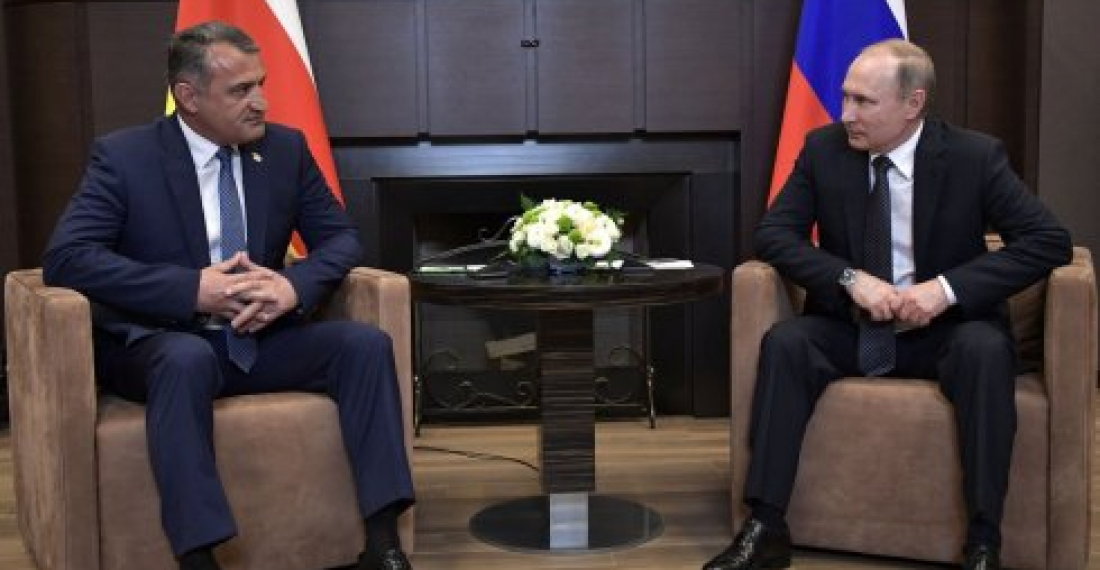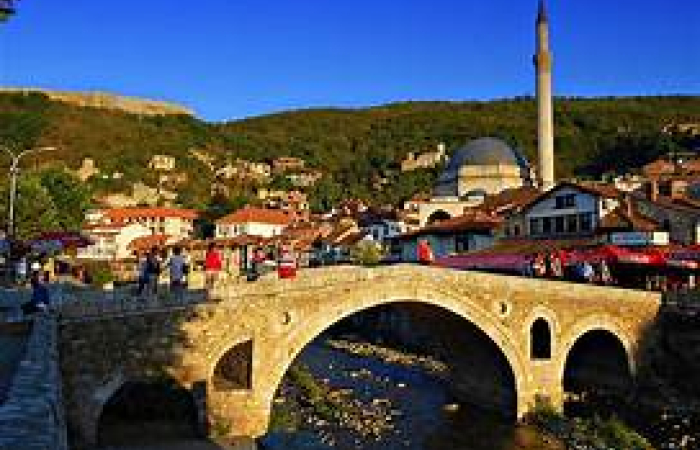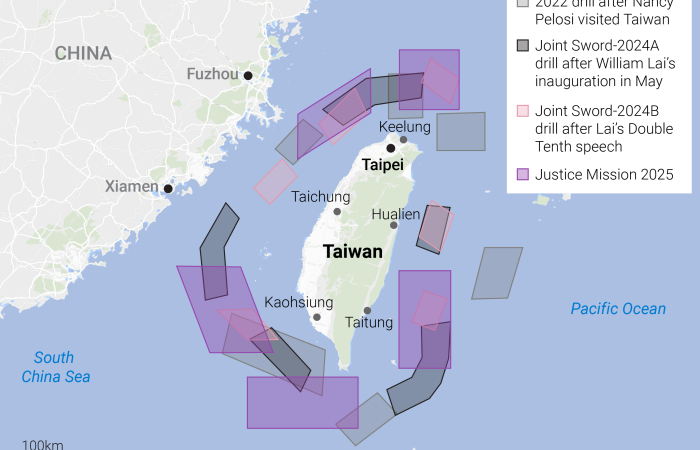Во вторник (2 мая), президент России Владимир Путин провел в Сочи встречу с новоизбранным президентом сепаратистского региона Грузии - самопровозглашенной Республики Южная Осетия.
Зажатая между встречей Путина с канцлером Германии, Ангелой Меркель, долгожданным телефонным разговором с президентом Соединенных Штатов, Дональдом Трампом, и подготовкой к следующей ключевой встрече по Сирии с президентом Турции, Реджепом Тайипом Эрдоганом, встреча Путина с Анатолием Бибиловым выглядит немного странно по дипломатическим стандартам. Тем не менее, в грандиозном замысле президента Путина, Южная Осетия является важной фигурой на международной шахматной доске, и опыт научил российского лидера не относиться к политикам крошечных территорий как к чему-то само собой разумеющемуся.
На встрече в Сочи президент Путин заверил своего гостя, что Россия продолжит инвестировать в восстановление инфраструктуры Южной Осетии. "Россия софинансирует очень много вопросов чисто социального характера, мы и дальше планируем это всё делать. Будем развивать инвестиционное направление, имею в виду восстановление инфраструктуры республики и создание условий для роста экономики", - сказал Путин. Российский лидер напомнил, что обе стороны в настоящее время реализуют соглашение о стратегическом партнерстве и выразил надежду, что под руководством Бибилова республика сделает все, о чем стороны договаривались, в реализации этого договора.
"...хочу поздравить с результатами выборов. Знаю, что Вы горячий сторонник развития отношений с Россией по разным направлениям", - сказал Путин.
Вице-спикер Южной Осетии Бибилов одержал победу на прошедших президентских выборах 9 апреля в ходе первого тура, набрав 54,8% голосов избирателей. Он проводил кампанию с предложением о присоединении Южной Осетии к России для "воссоединения осетинского народа".
Победа Бибилова застала Кремль врасплох, поскольку были ожидания победы нынешнего президента Тибилова. Но российские лидеры уже привыкли к неожиданностям из Цхинвали с тех пор как в 2008 году они в одностороннем порядке признали крошечную территорию независимым государством. В 2011 году во время президентских выборов разразился политический кризис, который застал Москву врасплох. Большая часть финансовой поддержки, которую Россия предоставила Южной Осетии с 2008 года, таинственно исчезла, и Москве пришлось направлять туда своих людей для того, чтобы навести порядок с финансами.
Тем не менее, на данный момент полная аннексия Южной Осетии не служит интересам России. Протекторат над статусом территории дает россиянам все преимущества, в том числе право размещать большое количество войск на осетинской территории, в часе езды от грузинской столицы Тбилиси. Это все также представляет России некоторое пространство для дипломатических игр с Грузией. Путин лично руководствовался со всем, что связано с Южной Осетией со времен грузино-российской войны в 2008 году. Она занимает видное место в его представлении о России и ее соседях - возможно, это та модель, по которой можно управлять отношениями с другими соседями, если бы только осетины хорошо вели себя и без всяких сюрпризов.
Фото: Президент России Владимир Путин во вторник (2 мая) в ходе встречи в Сочи с президентом самопровозглашенной Республики Южная Осетия Анатолием Бибиловым (фото любезно предоставлено пресс-службой президента России)






